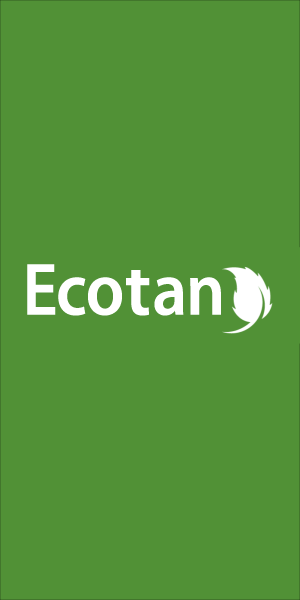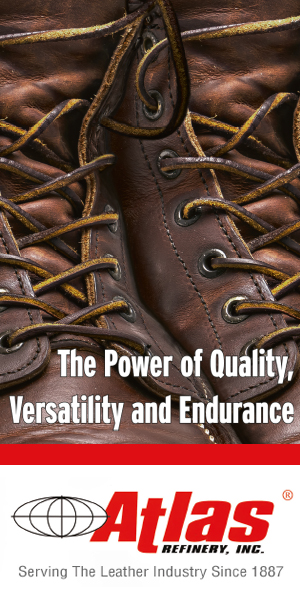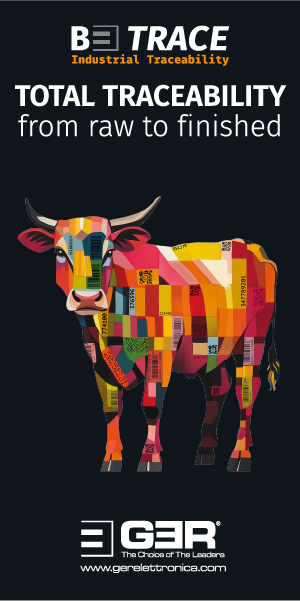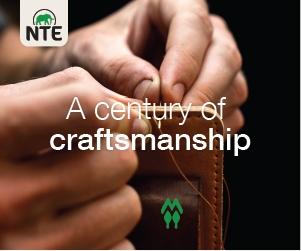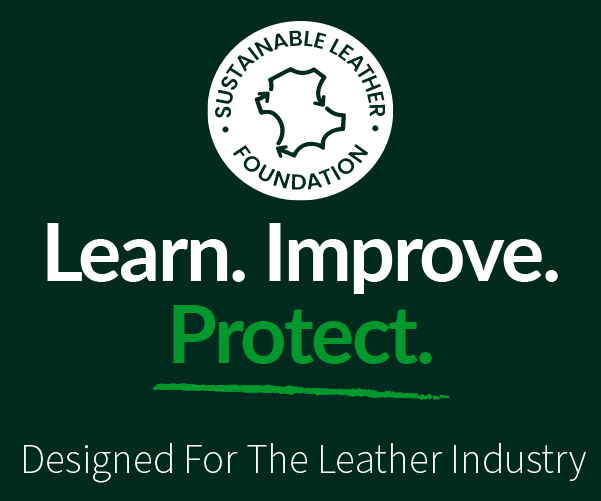Keep the wheels turning

The director of industry body Leather UK, Dr Kerry Senior, argues here that, just as the covid-19 crisis has brought new and deserved appreciation for a number of previously unrecognised ‘key worker’ roles, governments should recognise the important part leather manufacturers and tannery workers play in supporting the all-important food supply chain.
In February this year, as part of the Brexit process, the UK government announced its new migration policy. This effectively closed the door to those workers deemed to be unskilled or low skilled and earning a salary below the threshold of £25,600. The ambition was to create a “high wage, high-skill, high productivity economy” on the basis that the current system was “failing the highly skilled migrants from around the world who want to come to the UK and make a contribution to our economy and society”. The new system would target highly qualified individuals such as scientists, engineers, and academics, while those below the skills threshold and below the salary threshold, were almost entirely excluded. The skills threshold was set at RFQ3, approximately equivalent to the UK A level qualification for school-leavers aged 18.
A fallacy blown apart
A few short weeks later, the fallacy of conflating qualifications and earnings with skills and importance to the economy was blown apart by the colossal impact of covid-19. Suddenly, jobs that under the new migration policy would have been deemed unnecessary for the UK’s economy, were classified as key roles. Truck drivers, food operatives, supermarket staff, cleaners, care workers, healthcare assistants and others, were now key workers without whom, the country would grind to a halt. Or, as one observer more succinctly put it, these were roles no one cared about until the proverbial hit the fan. The notion that such roles could be dispensed with through automation and technology also largely fell by the wayside.
Leather UK, and other trade associations in the manufacturing sector, strongly opposed the new migration policy. In recent years, the manufacture of leather, footwear, textiles and clothing in the UK has become increasingly dependent on migrant workers, to fill roles that UK workers have seemed uninterested in. While these roles may not necessarily require formal qualifications or command high salaries, many are undeniably skilled. Making shoes, sewing clothes and, indeed, making leather requires experience and understanding of the product and experienced workers cannot simply be replaced by the first body through the factory door, regardless of their qualifications. The Institute of Creative Leather Technology at the University of Northampton produces highly qualified leather technology graduates, but it is unlikely that a tannery manager would leave them alone on a staking or shaving machine on their first day at work.
The original recycling industry
A parallel can be drawn between the perception of ‘low-skilled’ workers and the leather industry. Too often it seems that we are largely overlooked, squeezed by both sides of the supply chain and of little interest until we are required to comply with requirements that serve mainly to polish and protect the image of others. Yet, the current crisis shows that the leather industry is, and has always been, a critical part of the supply chain. Industries that can utilise waste from one sector to manufacture products for others will be pivotal in the quest for the circular economy. Leather manufacturing was the original recycling industry and its role in the modern world is, if anything, more important.
The current Covid-19 crisis has thrown this into stark relief. Upstream from the leather industry, Covid-19 has driven a surge in meat production, to meet the demands of families eating more meals at home and stockpiling against an uncertain future. Increasing slaughter for meat inevitably means increasing the numbers of hides and skins produced. Ordinarily, these hides and skins would be efficiently dealt with by the leather industry. However, as downstream customers close their doors to wait out the crisis, orders for leather have fallen dramatically. With no orders to fill, many tanneries have closed their doors. Even in China, where tanneries are reopening, production is greatly reduced and tanners are faced with the dilemma of where they can sell their leather when they start making it again. As a consequence, we have seen the prices for now unwanted hides and skins plummet and the real possibility of their mass disposal and destruction.
Criminal waste
Without the leather industry, the issue of disposal of hides and skins could become a significant one. In the UK, a relatively small producer of raw hides and skins, it is estimated that an average of 10,000 tonnes of hides and skins are produced every month. Disposal of these to landfill or by rendering would not only be a criminal waste of a high-quality raw material but would also create a significant environmental issue. The scale of the potential problem for large producers, such as the US and Brazil, is quite staggering. Furthermore, the additional cost for the meat producers of the disposal of hides and skins will inevitably be borne by the consumer in higher prices for meat. This, just when the income and financial security of many families is falling.
The importance of the tanneries can also be seen downstream; not just for consumers of leather but also for the manufacture of food and pharmaceuticals. Without tanneries, the food and pharmaceuticals industries would see their supply of gelatine and collagen dwindle. It is no surprise then, that representative bodies for the collagen, gelatine and food sectors, and their member companies in the UK and Europe, have been quick to lobby national governments and the European Commission to ensure that the tanneries stay open, even when other industries are required to close. At the time of writing, Portugal has been the only European Union member state to have recognised this need and to have designated leather manufacture (up to the tanned intermediate state) as a key industry.
An appeal for government support
Tanneries can undoubtedly fill a critical role in the supply chain, but the current commercial pressures may prevent them from doing so. Even though there is an abundance of raw material, some at prices ranging from negligible to zero, tanners cannot afford to speculate on future markets. Demand for leather was falling before Covid-19 and accumulating stocks of hides and leather, on the assumption that they will be sold when normality returns, could prove ruinous if buyers cannot be found. Processing hides to any degree involves costs, in terms of labour, power, water and chemicals. For tanneries that often run on low margins it is not feasible to bet against a future that is, at best, uncertain. For tanners with appropriate licences and facilities, the collagen and gelatine markets are still open, but the returns here are much lower than for leather, necessitating either significant increases in prices for their customers or operating at a loss. Neither option is sustainable.
Tanners cannot make leather if there isn’t a market to sell it in. If they are to continue to operate, tanneries will need support from governments. Leather UK has written to the UK government to request support to address these issues; other national associations have done the same. We have asked for recognition of the role of the sector and its workers as one of the key industries for the smooth functioning of the food supply chain in the UK and the necessary financial support to continue to process hides, either to salt and store them or to process them to a tanned state. This would allow tanneries to continue to supply their customers in the food and pharmaceutical industries. It would not guarantee a market for the leather, but it would at least buy time for decisions to be made, rather than simply wasting the raw material while creating additional costs for consumers and a significant environmental issue.
Circular economy in action
Of course, this concern may be overstated. It may be that the meat sector has the capacity to store hides and skins for better times. The feedback from our members and elsewhere, the crashing prices for raw materials and reports of increasing numbers of hides and skins being collected, at a cost, for disposal suggest this is not the case. The longer the Covid-19 crisis continues, the more pressing the issue of hides and skins will become. It would be wise for governments to anticipate the problem and act now.
Nonetheless, even if the Covid-19 crisis were to end tomorrow, it has already highlighted the essential role of the leather industry. Leather manufacturing is not viewed as a cutting-edge or high-tech industry but it is one of the best examples of the circular economy in action. The role of our industry deserves recognition, not just for our product, but also for our contribution to other, much larger industries. Leather is a key industry and our employees are key workers, whose skills should be acknowledged and valued. But, of course, this is where we came in.








